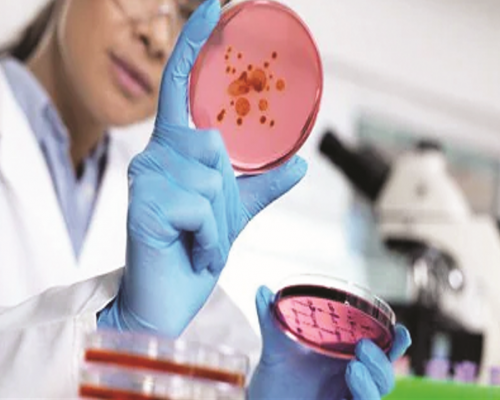Microbial Testing Now Mandatory for Disposable Utensils

In a move to ensure food safety and hygiene, the Indian government has decided to tighten regulations on disposable utensils made from agricultural by-products by mandating microbial safety testing for manufacturers.
The decision comes as the demand for biodegradable disposable utensils rises, especially at social gatherings, amid growing concerns over environmental pollution caused by polythene-based products.
Stricter Standards for Food Safety
The Bureau of Indian Standards (BIS), under the Ministry of Consumer Affairs, has introduced new safety regulations that will apply to both locally manufactured and imported disposable utensils.
• Manufacturers must comply with IS 5402 (Part I) of BIS, which requires testing for aerobic mesophilic microorganisms (bacteria and fungi) that can affect food safety.
• The new regulations aim to curb substandard products, as reports suggest that nearly one-third of consumer products in the market are spurious.
Why Is This Important?
Microbial testing ensures hygiene and safety, preventing contamination of food served in biodegradable utensils. These tests help detect harmful bacteria and fungi, which thrive in moderate temperatures and can compromise food quality.
What Are Biodegradable Utensils Made Of?
Eco-friendly disposable utensils are commonly made from:
• Sugarcane bagasse
• Wheat bran, rice husk
• Areca leaves, palm leaves
• Cornstarch, bamboo fiber, coconut coir
Regulating Disposable Utensils for Safety
With the rising use of biodegradable utensils, experts stress the need for global best practices in food safety standards. The BIS has also redefined utensil dimensions and size categories to ensure consistency and quality control.
A government official involved in the decision stated, “Ensuring proper regulation of disposable utensils is essential to maintaining food safety and consumer trust.”
The move aligns India with international safety standards, reinforcing its commitment to sustainable and safe food packaging alternatives.























